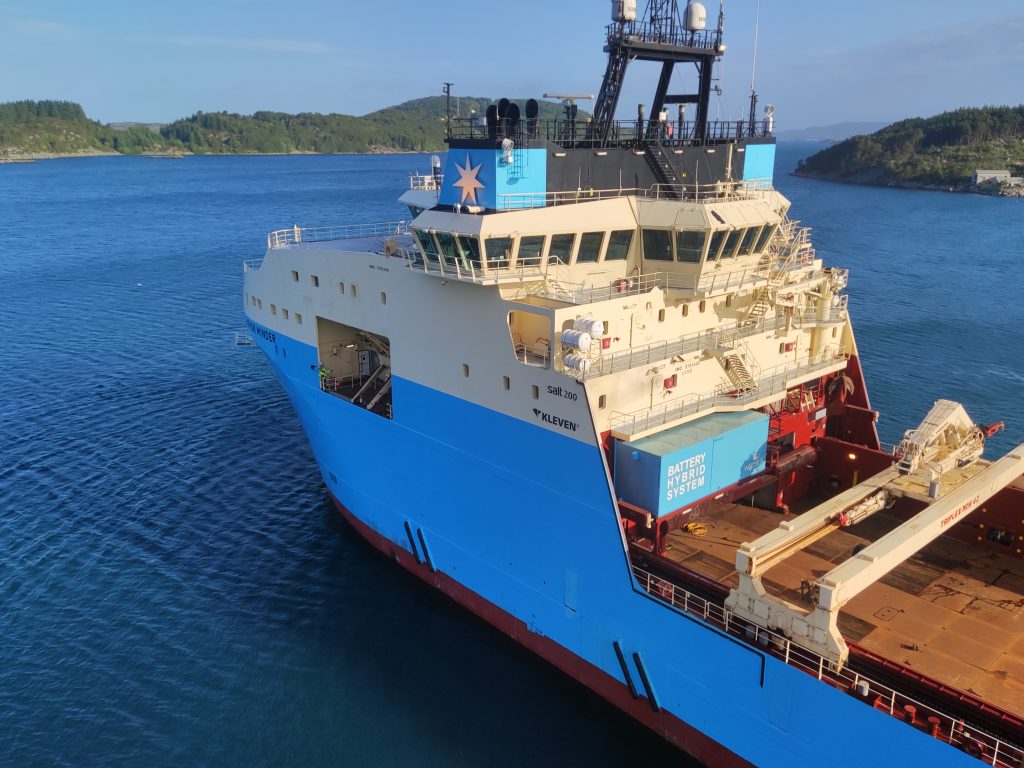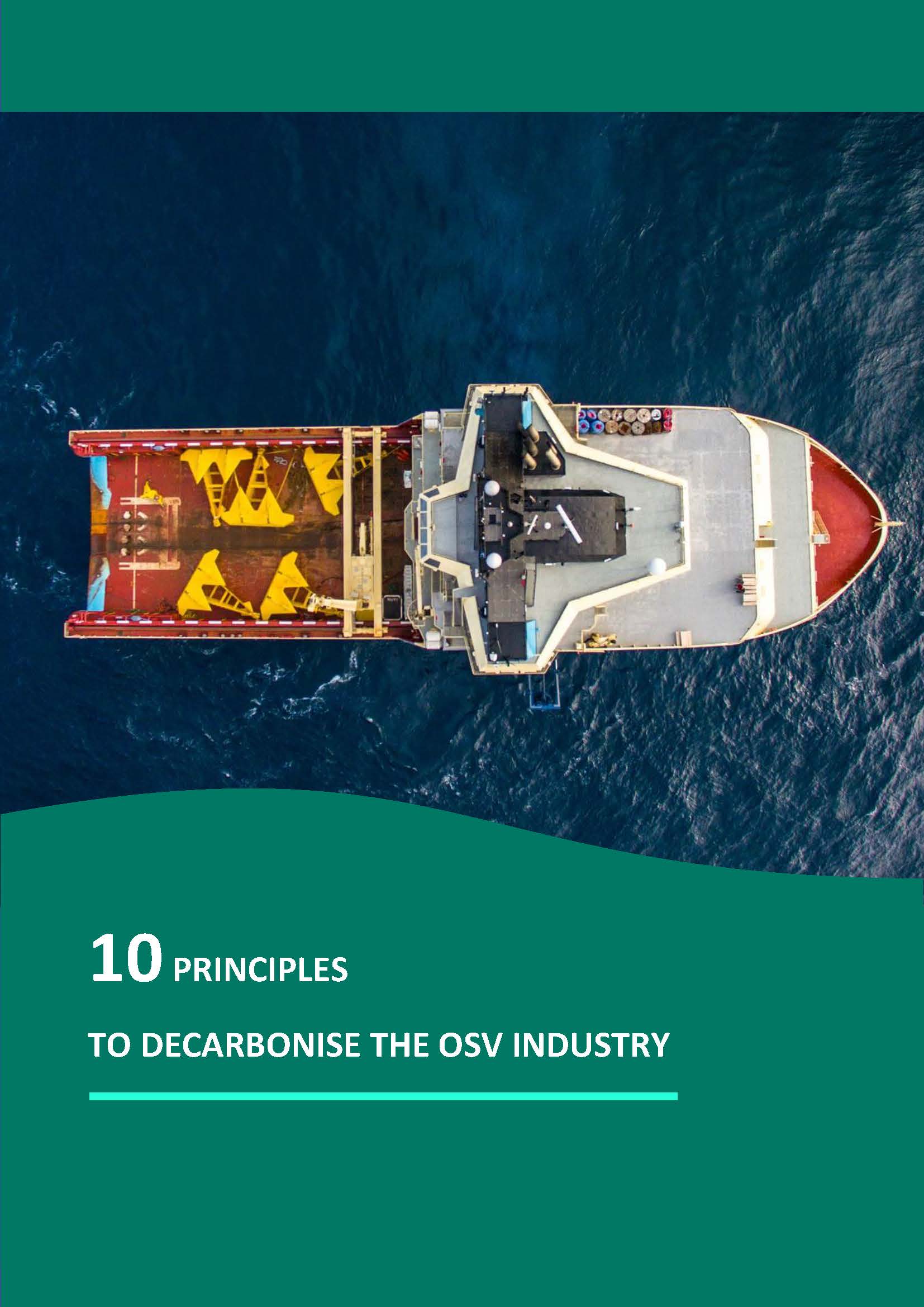Preventing and reversing global warming will require action from every industry and at every level. While the shipping industry accounts for 3% of global greenhouse gas emissions, it also holds the key to facilitating the decarbonisation of multiple other industries. So the maritime industry will necessarily play an essential role in reducing global emissions in line with the Paris Agreement.
The Forum for Decarbonising the OSV Industry
It is precisely this need for a collective and proactive approach that was the catalyst behind the Forum for Decarbonising the OSV Industry, established in 2021 through a collaborative effort between Chevron, Shell, TotalEnergies, Equinor, ABS and Maersk Supply Service. The Forum recognised the value of fostering dialogue among vessel owners and charterers, in order to launch a more focussed effort to reduce OSV carbon emissions by tackling the specific decarbonisation challenges facing the sector today.
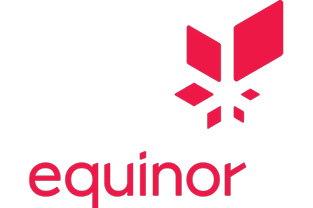
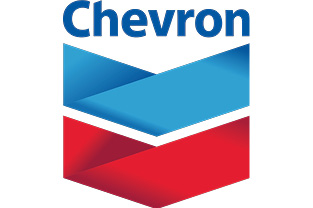
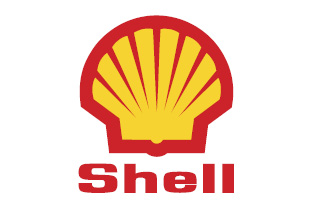
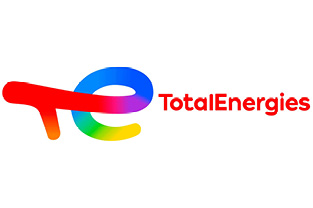
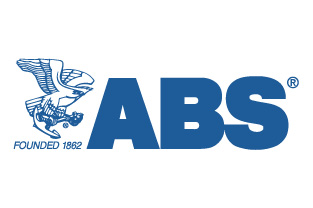
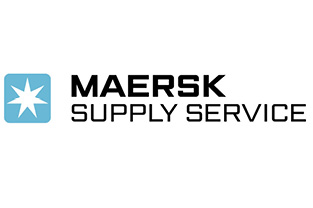
OSV Decarbonisation Challenges
These challenges are fairly unique to the OSV sector and have therefore not been addressed by initiatives for the wider maritime industry.
Firstly, the sheer versatility of the scopes performed by offshore support vessels, from subsea support to moorings installations and iceberg management, makes it very difficult to accurately measure and assess energy efficiency. This is further compounded by factors such as weather conditions, varying towing loads, and the vessels’ complex Dynamic Positioning (DP) technology, meaning that that even generalised operation types cannot be addressed with a “one size fits all” solution.
Secondly, the OSV sector has been under considerable financial pressure for the past five years. With the focus on survival rather than on energy efficiency, there are very few newbuilds in the pipeline that could address these challenges through innovative technological solutions.
Finally, with so many OSV owners and charterers operating around the world, many catering to local demand under local regulation, it is challenging to gain a full overview of the sector, or to get us all to march in the same direction.
The Whitepaper: 10 Principles to Decarbonise the OSV Industry
This first whitepaper aims to accelerate the transition to a greener, carbon-neutral OSV industry by outlining 10 agreed-upon principles to reduce CO2 emissions in current offshore vessel operational practices. It is intended to act as an inspiration for others in the industry by providing concrete recommendations for both vessel owners and charterers, and by unpicking some of the complexities that have made progress difficult so far.
Themes covered by the whitepaper
The 10 principles fall into three categories:
- Sourcing criteria, referring to the vessel and operational requirements of offshore work scopes. Since these are set by the clients/charterers, the principles encourage them to leverage their buying power to drive industry behaviours and standards by incorporate carbon-reducing practices into their contract requirements.
- Vessel optimisation, meaning the tools and methods with which vessel owners can decarbonise their existing fleets. The corresponding principles address four focus areas: behaviour, fuel, technical upgrades, and shore power and offshore charging solutions.
- Reporting, highlighting the importance of transparent and standardised data. The lack of industry-wide reporting standards makes it difficult to track meaningful progress. This includes the data collection processes themselves, which are often manual, time-consuming, and subject to human error.
Further considerations
Beyond the recommended principles, the whitepaper also touches on some of the more complex issues posed by the race to reach a carbon-neutral OSV sector, such as questions of safety, international regulations, upstream emissions, and the burden of financial investment.
Decarbonisation is a costly undertaking, there is no getting away from that. So players in the industry need mutual reassurance that their investment decisions will be supported by their stakeholders – whether through incentives or rewards. The example of the “owner-operator dilemma” lays this out quite clearly: though vessel owners make the investment decisions regarding vessel upgrades, such as battery installations to optimise fuel consumption, they do not stand to benefit financially from these upgrades. Instead, the operators reap the benefits through reduced fuel costs and reduced Scope 3 emissions.
By fostering this dialogue between shipowners and charterers, the Forum aims to promote a better understanding of the goals and challenges faced on both sides – and to lay out what is needed for commercially viable solutions that directly advance meaningful climate action.
Crucially, has it inspired the mutual commitment needed to forge ahead with a proactive and symbiotic energy transition.
The Forum for Decarbonising the OSV Industry is open to wider participation and collaboration across the OSV industry.
Decarbonisation at Maersk Supply Service
At Maersk Supply Service, we are acutely focused on climate change, from strategic enterprises such as our pioneering Wind Installation Vessel and offshore charging buoy, to our ambitious decarbonisation targets and initiatives. By changing behaviours and implementing new technologies, we truly believe that we can make a powerful contribution. But more can be done – and we are confident that the efficacy of any such efforts at Maersk Supply Service and beyond can be greatly amplified when coordinated and combined with initiatives across the industry.
